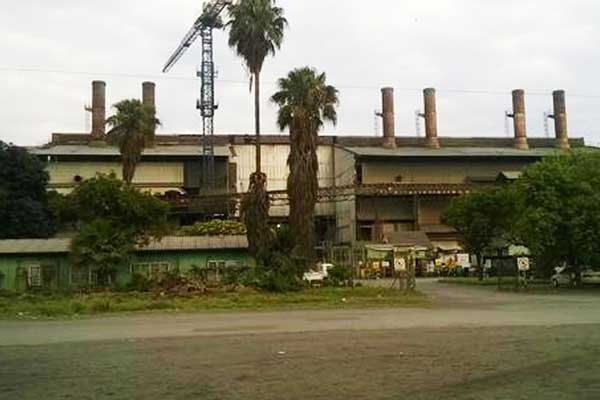
Government will not issue Zimasco and ZimAlloys with licences to export raw chrome until discussions on ceding some of the mining concessions held by the two companies are concluded.
BY BLESSED MHLANGA
Mines minister Walter Chidhakwa told a Press briefing during a tour of Zimasco on Thursday that the government had lifted the ban on raw chrome exports on condition that the 12 smelting companies in the country export the mineral only if their operations continued.
“We look at capacity utilisation because this is not a transfer from smelting to selling of raw chrome and Zimasco made their own application and because they have not been operating their furnaces, we have not given them a licence,” he said.
Government have also introduced a use-it-or-lose-it policy which seeks to wrestle away mining claims which are not being explored, but owned by huge mining corporates.
Chidhakwa said Zimasco and ZimAlloys own almost 100% of chrome ore reserves and the government had engaged the two companies so that they could let go some of the ground they held.
“We want to finalise the issue of release of ground first and I will not sign any export licences for Zimasco and ZimAlloys until those talks are concluded.
“We have no intention of strangling these two companies so that they fail to operate, but between the two of them they own 100% of our chrome reserves and they have to release some ground,” he said.
- Chamisa under fire over US$120K donation
- Mavhunga puts DeMbare into Chibuku quarterfinals
- Pension funds bet on Cabora Bassa oilfields
- Councils defy govt fire tender directive
Keep Reading

Zimasco, which is currently struggling to remain afloat and has been forced to retrench 645 workers and send another 553 on compulsory leave on half salaries for four months, said it needs the licence.
Company general manager (technical) Regis Matshiya said they had applied to the ministry, but were yet to get a response.
Zimasco has buckled under falling international market prices which fell from $1,40 per pound to 90 cents and have said exporting would help change their fortunes.
According to Matshiya, the electricity bill was pushing production costs by up to 40%.
Chidhakwa said because of the high energy needs, all chrome smelters were buying their electricity at 6c per kilowatt compared to 12c per kilowatt paid by gold producers.










